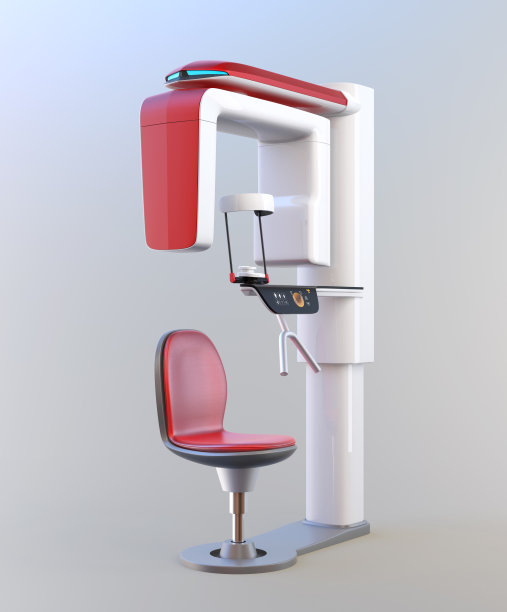Understanding the Importance of Extracting a Tooth for Overall Dental Health and Wellbeing
Summary: Extracting a tooth may seem like a drastic measure, but it is often essential for maintaining overall dental health and wellbeing. This article explores the importance of tooth extraction through four critical aspects: alleviating pain and discomfort, preventing further dental issues, enhancing oral hygiene, and improving overall quality of life. By understanding these factors, patients can make informed decisions that contribute to their long-term dental health. Ultimately, tooth extraction can play a pivotal role in ensuring a healthy, functional smile.
1. Alleviating Pain and Discomfort from Problematic Teeth

One of the most common reasons for tooth extraction is the presence of severe pain caused by dental issues such as decay, infection, or injury. When a tooth becomes severely damaged, the resulting pain can compromise one’s ability to eat, speak, or even focus on daily activities. Removing the problematic tooth often provides immediate relief, thereby improving one’s overall comfort and day-to-day functioning.
Furthermore, ongoing pain can lead to significant stress and anxiety. Chronic discomfort causes emotional and psychological strain, making it necessary to tackle the issue head-on. By opting for tooth extraction, patients can alleviate the agony that has been affecting their quality of life, leading to improved mental health and wellbeing.
Additionally, in some cases where a tooth is abscessed or infected, extraction may be the only viable solution to prevent the spread of infection to neighboring teeth or even the bloodstream. Early removal of an infected tooth can save not only the individuals smile but also their overall health.
2. Preventing Further Dental Issues Through Extraction
Tooth extractions serve a critical function in preventing the progression of dental issues. A problematic tooth can create a domino effect, leading to further complications such as adjacent tooth decay or misalignment. By removing a compromised tooth, individuals can stop potential problems before they escalate into more severe conditions that require extensive treatment.
Crowded teeth can also lead to complications in alignment and bite issues. Extracting one or more teeth may be essential in orthodontic treatments to create the necessary space, ensuring that the remaining teeth can align correctly. Therefore, extraction not only addresses immediate concerns but also contributes to maintaining long-term dental structure.
Moreover, if a tooth has extensive decay that could lead to gum disease, extraction can help maintain gum health. Gum disease can result in tooth loss and other systemic health problems if left untreated. Preventing such outcomes is another significant reason why tooth extraction is sometimes necessary for dental health.
3. Enhancing Oral Hygiene and Maintenance
Maintaining good oral hygiene is crucial for overall dental health. Problematic teeth can be challenging to clean properly, leading to the accumulation of plaque, tartar, and bacteria. This can result in further decay and infections, creating a cycle of worsening dental health. By extracting problematic teeth, individuals can significantly enhance their oral hygiene routine, enabling easier and more effective cleaning of the remaining teeth.
Additionally, with fewer teeth to manage, patients can adopt more thorough brushing and flossing habits. The likelihood of consistent oral hygiene increases when individuals can focus their efforts on fewer, healthier teeth. This improvement can contribute to a cleaner mouth, fresher breath, and a decrease in cavities or gum disease.
In some cases, people may experience anxiety or distress when it comes to dental care, especially if they have painful or broken teeth. Removing those teeth allows for a more relaxed and comfortable oral hygiene experience, making routine dental care far less intimidating and more accessible to maintain.
4. Improving Overall Quality of Life After Extraction
Extracting a tooth does not only resolve immediate dental concerns; it can significantly enhance an individual’s overall quality of life. After the extraction process and appropriate healing, many individuals find that they can engage more comfortably in social activities such as dining out, smiling during conversations, or participating in sports.
Moreover, the psychological benefits of having a healthier mouth cannot be underestimated. Reduced pain and discomfort can translate into less stress, improved confidence, and a more active lifestyle. Once the extraction is complete, patients often express a newfound sense of freedom, allowing them to focus on experiences beyond dental issues.
Additionally, advances in dental technology mean that tooth extraction does not have to lead to permanent gaps. Dental implants and prosthetics can replace missing teeth, allowing for restored function and aesthetics. This provides individuals with the ability to regain their smile and confidence, further contributing to an enhanced quality of life.
Summary:
In summary, understanding the importance of tooth extraction is vital for maintaining overall dental health. From alleviating pain and discomfort to preventing further dental issues, enhancing oral hygiene, and improving the overall quality of life, each aspect underscores the necessity of making informed decisions regarding tooth extraction.
When faced with dental challenges, consulting a dental professional can provide the guidance needed to ensure the best outcomes for your oral health. Remember, a healthy mouth contributes to a happy life!
This article is compiled by Vickong Dental and the content is for reference only.



